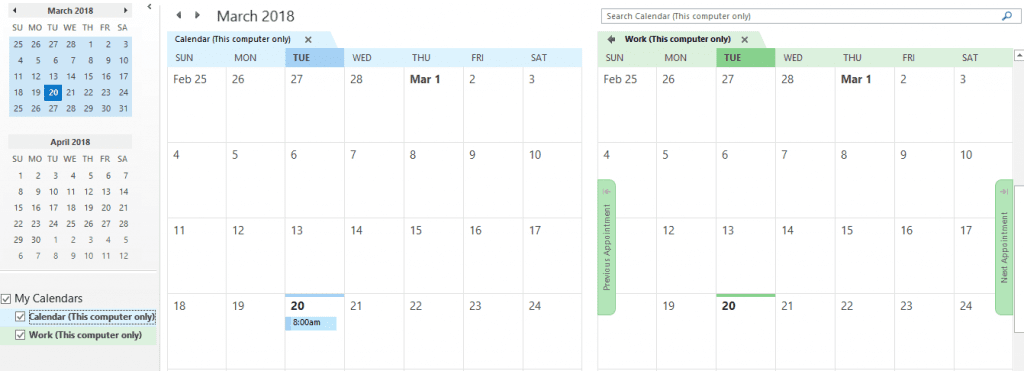

If you’re a Millennial, it’s understandable why you may not be as optimistic about the future as you would like to be. Part of this fact is because you remember the Great Recession all too well.
Much to your credit, you are highly educated, but you also earn less than previous generations. How much less? Roughly 20% less than Boomers did.
Analysis of Federal Reserve data by the advocacy group, Young Invincibles, indicates Millennials median household income is $40,581. Crunching some figures from the Bureau of Labor Statistics, SmartAsset shows a different story.
Millennials who were between 16 and 34 in 2015 had an average salary of $684 per week or $35,592 per year. But, ultimately that varies depending on where they live in the U.S.
Either figure won’t take Millennials too far. Some are bogged down with loans and rents that can top six figures in major cities.
Additionally, according to Mother Jones, Millennials spend more on these annual expenses than young families of the 80s and 90:
- About $1,000 more on health care.
- About $1,500 more on pensions and Social Security.
- About $2,000 more on overall housing (rent, maintenance, utilities, etc.).
- About $700 more on education.
But, it’s not all doom and gloom for Millennials. The fact that they make less than their parents is a serious concern. But Millennials have a different mindset when it comes to money. Millennials have a unique way of unlocking true earning potential and can enjoy a happy and fulfilling life.
The Millennial Mindset
As mentioned above, Millennials came of age during the Great Recession so it’s still fresh in their minds. This recession influenced how they view money. They realize how to be financial stability, and they think quick on their feet. The whole world is changing because of the changed priorities of the Millennial.
This age group wants to have experiences with their friends. They reject materialism projects and are proud members of the sharing economy. They’re frugal and excel at saving for long-term for financial freedom instead of retirement.
Millennials Are More Socially Conscious
They want to be involved in a socially responsible workplace that cares about and offers work-life balance. The Millennial will even take a pay cut to stay in balance with their lives. They are savvy and quick enough to keep up a side hustle when they when they have to.
In other words, Millennials are resourceful and cautious with their money. They also realize that money isn’t everything. If they can enjoy their lives and pay their bills then they’re content.
How Can Millennials Unlock Their True Earning Potential?
Despite this unique mindset, Millennials still work to discover their true earning potential. They want to live their lives without having to stress out over their financial obligations. Millennials have found that it’s much easier than many of us have initially thought.
Understand Your Cost of Living
First things first. Millennials know how to do some legwork. They will consider the cost of living based on factors like location. The Millennial will consider family size, and monthly expenses like rent, health insurance, and student loans. This gives them an idea of how much will be needed to make each month’s expenses.
Expenses
For example, it’s ridiculously expensive to live in D.C. Millennial developers will have to bill more in a charge per project work environment, than their counterpart living in Alaska.
Regardless of their careers, they’ll be aware of those outside factors. This age group will not forget to scope out job boards or websites. They can always determine at least a ballpark figure on what they will potentially make.
For instance, web designers make over $71,000 in San Francisco, California, USA, but just under $48,000 in Austin, Texas.
Determining How Much They Are Worth
Job titles and experience don’t determine a true earning potential. Variables like unemployment rates, geography, and minimum wage increases impact income. These same variables affect compensation which plays a part in how much you make.
Millennials are experienced in highlighting what makes them unique and worth every dollar. They will demonstrate a unique value proposition.
Demonstrating Individual Worth
“As a freelancer, you’re the mouse. There are 100 other mice out there,” writes William Lipovsky in an excellent Due post. Mr. Lipovsky also discusses the importance of the unique value proposition.
“Getting in the top ten isn’t too difficult if you’re good. Your prices must be competitive, you must prove you can do the work, you must be pleasant to deal with.” writes Lipovsky.
“But being in the top ten doesn’t mean you have a job. There’s often only a job for the best. Why are you the best? What is your unique value add proposition?”
What Make You Unique?
Even if you’re not a freelancer, think about what makes you stand out from all of the other applicants or employees out there. What skills or experiences makes you the best of the best, and how can you best demonstrate that? How can you help solve a specific pain point for a specific group of clients or employers?
Answering those questions honestly can help you determine your unique value add proposition. Most Millennials have been taught how to accentuate their development, growth, and potential.
Looking At Differing Criteria
Jake Jorgovan writes in a CareerFoundry article, that you can make up this figure based on differing criteria. A Millennial will look deeply to see if they enjoy working with the client/company. They will check out how much they expect the company to pay. The Millennial will have a good idea of how much value a company is providing them.
In other words, there’s no right or wrong answer to where you live or how you earn your cash as long as you’re being compensated fairly. Millennials will make sure that they are able to meet their basic needs, and enjoy the work that they’re doing.
How have you unlocked your true earning potential?











John Rampton
John’s goal in life is to make people’s lives much more productive. Upping productivity allows us to spend more time doing the things we enjoy most. John was recently recognized by Entrepreneur Magazine as being one of the top marketers in the World. John is co-founder and CEO of Calendar.